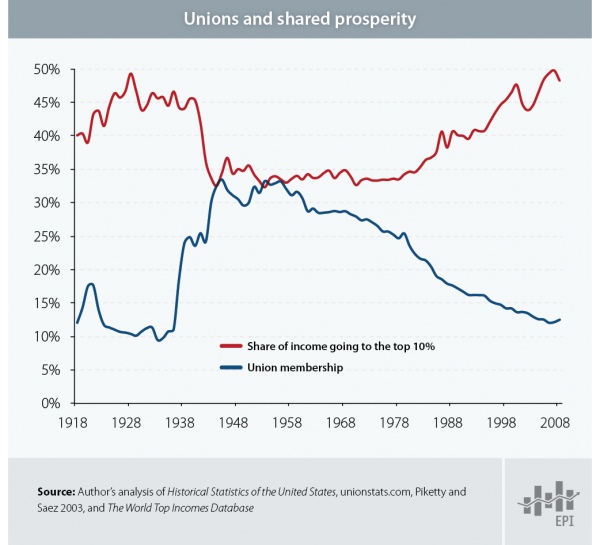Arkansas voters chose to raise the minimum wage while electing a senator who opposes doing so. Colorado voters are pro-choice and elected a senator who isn’t. Voters want action on climate change and gave the Senate over to those who are in the pocket of Big Oil. The most rational voters — given what’s coming in Washington — were those in the District of Columbia and Oregon, who chose to make marijuana legal.
The 2014 mid-term elections were fundamentally about frustration with a recovery that most people haven’t enjoyed. The Republicans blamed this on President Obama and claimed Democrats were guilty by association. That aroused the GOP base as candidates played down their conservative stances on reproductive choice and went silent on marriage equality.
Democrats chose not to run nationally against Republican obstruction, under the assumption that their broad opposition to right-wing social positions would mobilize their own base.
Senate Republican leader Mitch McConnell, of Kentucky, who drove the Republican strategy to obstruct every Obama initiative and then paint Obama a failure, is now warbling the soothing tones of bipartisan cooperation.
Any “cooperation” will, of course, be on Republican terms. GOP leaders will invite Obama to join in on such “reforms” as reducing corporate tax burdens, paring Social Security benefits, approving budgets that savage the vulnerable and lard the Pentagon, and cutting ruinous trade deals that undermine American workers.
To pay for infrastructure, the Republican-led Congress will champion the “repatriation” of the dough that corporations have stashed abroad, handing those tax dodgers a massive tax break and an incentive to avoid even more taxes in the future.
This is the Wall Street “bipartisan” agenda and it’s ready to go. Immigration and renewable energy? You can bet they’re off the table.
The White House faces a choice. Will it lay out what the country needs? Will President Obama make his case against those who would take the country backward? Or will he just provide political cover for global deals that stack the deck even more for the powerful and against the rest of us?
He shouldn’t be left to make that choice by himself.
In the circular firing squad already blasting away, Democrats will blame these losses on their own liberalism. Conventional wisdom will urge them to move rightward and cooperate with newborn “moderate” Republicans. They’ll be told that the way back to power is to embrace “centrist” policies on trade, tax reform, and entitlements.
But this election exposed the Democratic establishment’s fallacies. Social issues alone, which increasingly favor Democrats, can’t spur victory. Sophisticated campaign targeting and get-out-the-vote operations can’t substitute for the passion, clarity, and vision that motivate the Democratic base to vote.
Democrats won’t win votes by adopting a corporate agenda. They must drive an agenda that will bring about an economy that works for everyone.
There’s a populist majority waiting to be forged. Millions will rally for full-employment economics, for fairly taxing the rich and corporations, investing in rebuilding the country and educating all children, strengthening retirement security, making college affordable, lifting the minimum wage, taking on the corruption of our politics by big money, and transitioning to the new and more sustainable energy options that will create good-paying jobs.
Sen. Elizabeth Warren, of Massachusetts, has it right: Voters think the government is corrupted and doesn’t work for them. If our country is to deal with the real challenges it faces — extreme inequality and economic decline for the majority, catastrophic climate change for the whole world, an oppressive war on working people — we the people have to stand up and fight.
Democrats will have to make it clear that they’re ready to join in.

